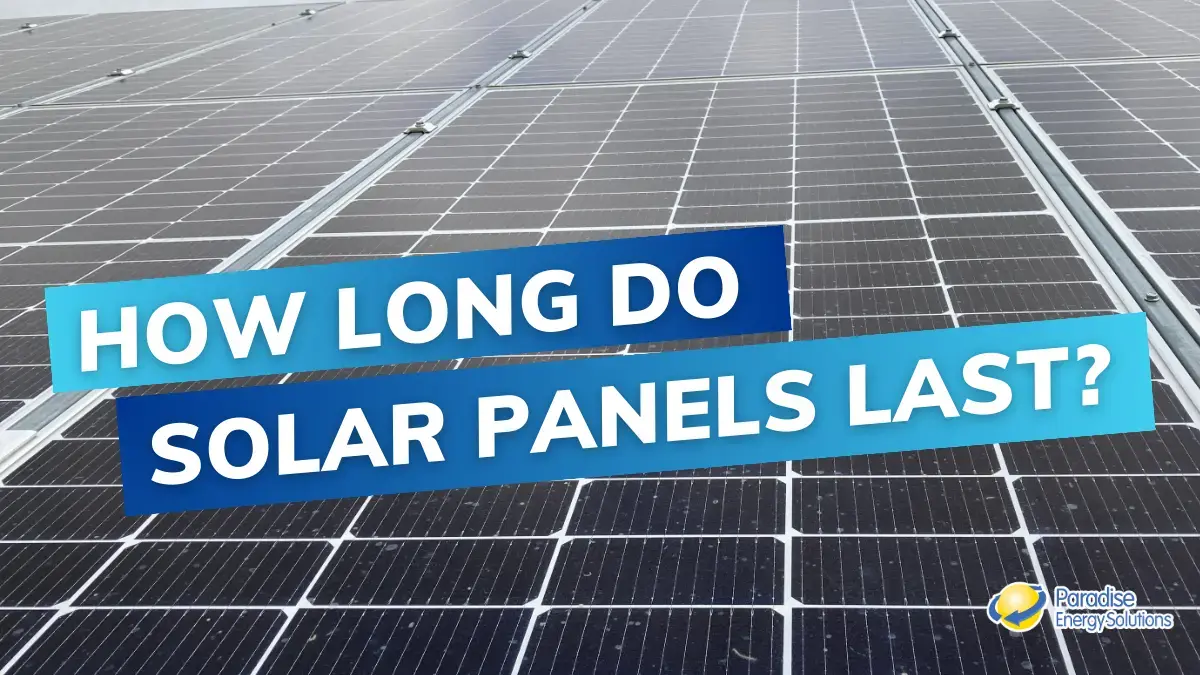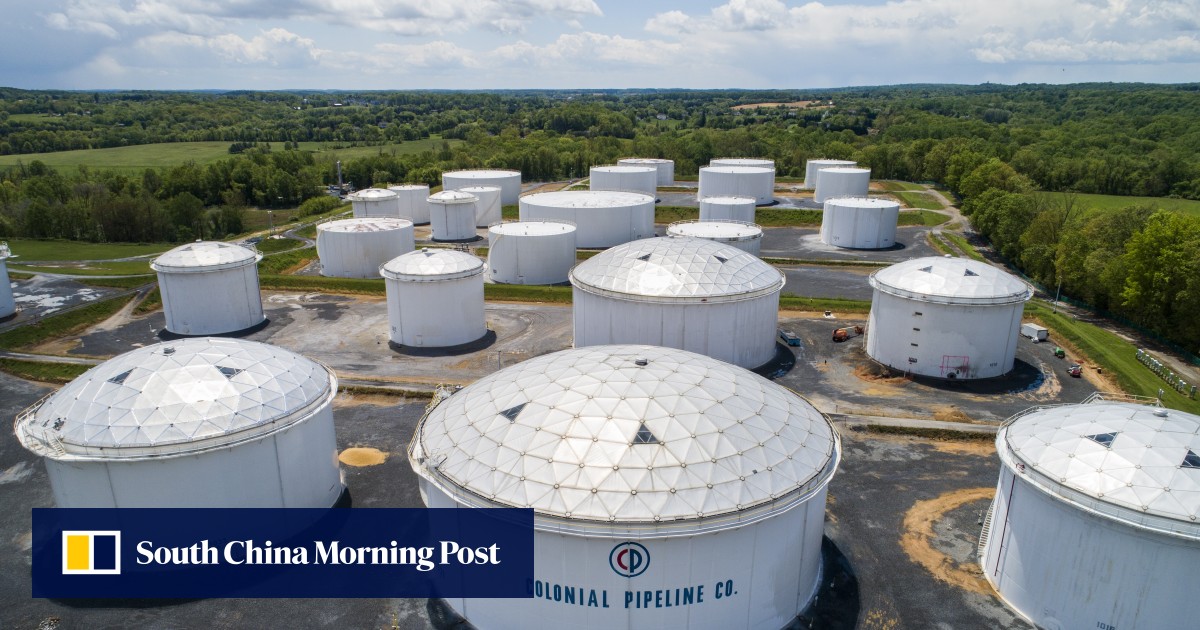Colonial Pipeline said it was the ‘victim of a cybersecurity attack’ and that in response it took its systems offline.

www.scmp.com
- The Colonial Pipeline ships petrol and jet fuel from the Gulf coast of Texas to the populous East Coast
- Joe Biden received a briefing on the incident on Saturday morning, a White House spokesperson said
The main fuel supply line to the US East Coast has shut down indefinitely after the pipeline‘s operator suffered what is believed to be the largest successful
cyberattack on oil infrastructure in the country’s history – presenting a danger of spiking petrol prices and a fresh challenge to US President
Joe Biden’s pledges to secure the nation against threats.
The attack on the Colonial Pipeline, which runs 5,500 miles and provides nearly half the petrol, diesel and jet fuel used on the East Coast, most immediately affected some of the company’s business-side computer systems – not the systems that directly run the pipelines themselves. The Georgia-based company said it shut down the pipelines as a precaution and has engaged a third-party cybersecurity firm to investigate the incident, which it confirmed was a ransomware attack. It first disclosed the shutdown late Friday and said it has also contacted law enforcement and other federal agencies.
============================================================================
Many of these pipelines were built around 1942 so oil shipments from TX would not have to travel by sea to the refiniries across from NYC. , a big problem with the U-boats. I used to live near one in central NJ. Vast operation over 5K miles long.






